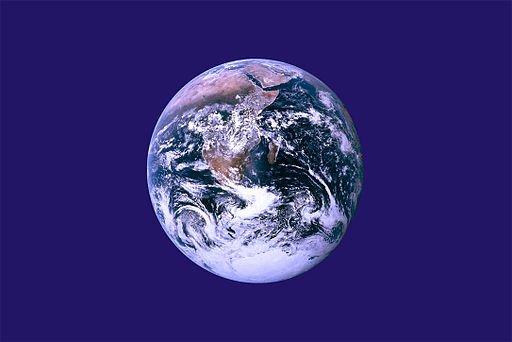Earth Day is a global observance that has been celebrated annually on April 22 since 1970. It is a day dedicated to raising awareness about environmental issues and promoting sustainable practices to protect the planet we call home. Over the years, Earth Day has become more than just a celebration of the natural world. It has become a symbol of the growing movement towards a more inclusive and consent-based culture, where tolerance and respect for others are paramount.

Consent culture and tolerance are two essential values that are closely tied to the environmental movement. Consent culture refers to a culture in which the default is set to “no” and people must obtain explicit consent before engaging in any activity. This value has become a cornerstone of the environmental movement, as it emphasizes the importance of respecting nature and its boundaries. Tolerance, on the other hand, refers to the acceptance and inclusion of different views, beliefs, and lifestyles. It is a vital value in the fight for environmental justice, as it seeks to ensure that all communities, regardless of their background, have a say in how the planet is managed and preserved.
The intersection of these values can be seen in the free market solutions that have emerged to protect the environment. Many businesses have recognized that sustainability is not just a moral imperative, but also a smart business decision. By adopting sustainable practices, they can reduce their impact on the environment and save money in the process. For example, companies like Patagonia and REI have built their brands around sustainable practices, including using recycled materials and reducing waste. They have found that consumers are willing to pay more for products that are sustainably made, and this has led to a thriving market for eco-friendly products.
Another example of free market solutions to protect the environment is the rise of carbon markets. These markets allow companies to buy and sell carbon credits, which represent a reduction in carbon emissions. This creates a financial incentive for companies to reduce their emissions and invest in clean energy technologies. In this way, the free market can be harnessed to drive innovation and encourage sustainable practices.
However, it is important to recognize that the free market alone cannot solve all environmental problems. Environmental justice issues, such as pollution and climate change, disproportionately affect marginalized communities, and market-based solutions may not always address these inequalities. It is important to work towards a more just and equitable society where all voices are heard and everyone has a say in how the planet is managed.
In conclusion, Earth Day serves as a reminder of the importance of respecting and protecting the natural world. It also highlights the role that consent culture and tolerance play in the environmental movement. Free market solutions have emerged as a powerful tool in the fight against climate change and other environmental issues, but it is essential to ensure that these solutions do not exacerbate existing inequalities. By working towards a more just and equitable society, we can create a sustainable future for all.
Comments are closed